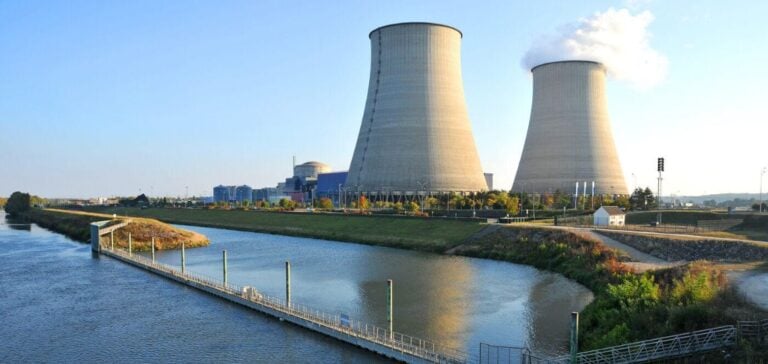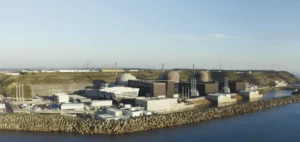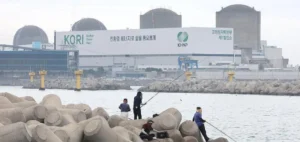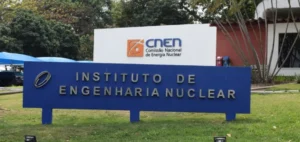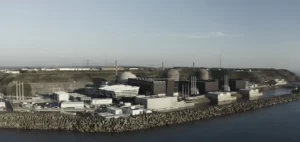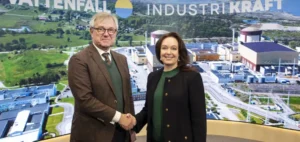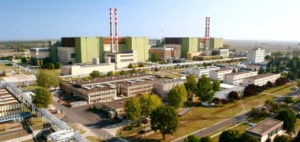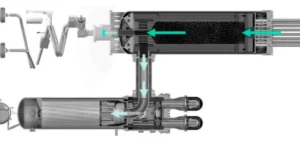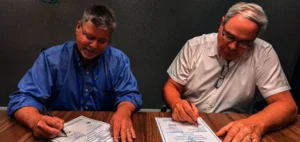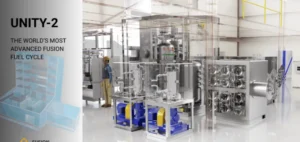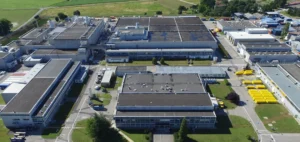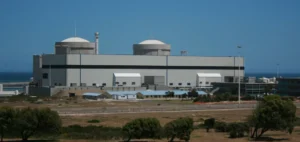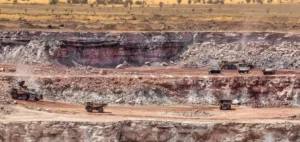The French nuclear industry is undergoing a significant transformation, driven by an ambitious revival strategy. Employing 220,000 people currently, the sector maintains a constant need for 10,000 recruits, according to France Travail, the national public employment agency. This demand stems from generational turnover and the expansion of nuclear projects nationwide.
Hélène Badia, president of the University of Nuclear Professions, highlights a renewed interest in the industry, particularly among young people and professionals seeking career changes. This trend is bolstered by initiatives like the Nuclear Careers Week, co-organized by France Travail and industry players. This year’s event, scheduled for February 3–7, has seen its audience double in just two years, from 8,000 to 16,000 visitors.
Growing Attractiveness Fueled by Major Projects
France’s nuclear energy outlook is anchored in an ambitious industrial strategy. Extending the lifespan of existing plants, developing new EPR2 reactors and small modular reactors (SMRs), and expanding the facilities of Framatome and Orano are key projects requiring specialized skills. The industry forecasts approximately 100,000 hires by 2033.
To meet this demand, the National Institute of Nuclear Sciences and Techniques (INSTN) has doubled its enrollment in five years for its specialized nuclear engineering program. EDF reports that 80 students joined the program in 2024, marking a significant increase.
High-Demand Professions
Some professions essential to the nuclear sector face acute shortages. Roles such as welders, boilermakers, pipefitters, radiation protection technicians, and automation specialists highlight the urgent need for qualified labor. To address these shortages, France Travail has implemented innovative measures, such as recruitment by simulation. This approach assesses candidates’ ability to perform specific professional tasks, creating opportunities for career changers.
Notable successes include a young pastry chef who transitioned into a welding career in northern France thanks to targeted training funded through this program.
Focusing on Inclusion
The nuclear industry is also widening its talent pool by targeting underrepresented groups. This year’s Nuclear Careers Week emphasizes inclusion, aiming to integrate more women, seniors, and individuals from priority urban areas. These efforts reflect the sector’s commitment to adapting recruitment strategies to societal and demographic challenges.
While the energy transition relies on diversifying energy sources, nuclear power remains a cornerstone of France’s strategy. However, its sustainability will depend on the industry’s ability to attract, train, and retain the talent needed to tackle future technological and industrial challenges.


